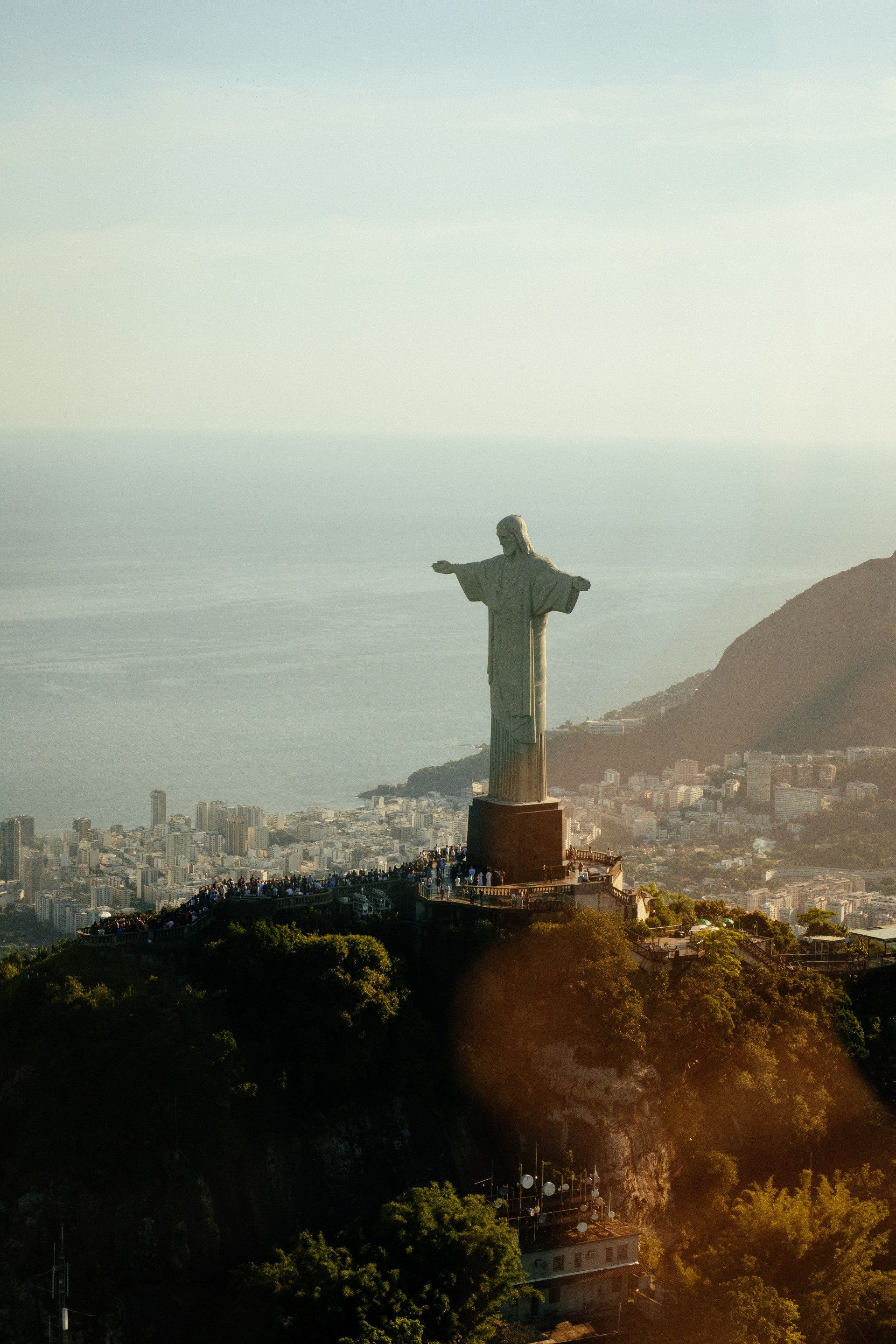
Thankfulness
"We must be grateful for the good precisely because of the bad."
One of Josh Groban's songs that I particularly like is his rendition of a David Foster/Carol Sager composition, Thankful. The lyrics read in part:
Some days, we forget to look around us.
Some days, we can't see the joy that surrounds us,
So caught up inside ourselves, we take when we should give,
So for tonight we pray for what we know can be,
And on this day we hope for,
What we still can't see.
It's up to us, to be the change,
And even though we all can still do more,
There's so much to be thankful for.
Even with our differences,
There's a place we're all connected,
Each of us can find each others light.
So for tonight, we pray for what we know can be,
And on this day, we hope for,
What we still can't see.
It's up to us, to be the change,
And even though we all can still do more,
There's so much to be thankful for.
Maybe this song appeals to me because it reminds me of my too-often-failure to be aware of the remarkable things that are around me for which I should be thankful.
As well as those things beyond my sight that I hope for, all within the context of mutual connectedness and light.
Light.
The Light of Christ, on manifestation of which is the feeling of thankfulness or gratitude.
Admittedly, it would have been a little more appropriate if I had posted this in the days leading up to Thanksgiving. I'll excuse that slip by reminding us of the 365/24/7 need for thankfulness, while acknowledging the formal holiday of Thanksgiving as an especially appropriate time for increased awareness and gratitude.
And that increased awareness is needed in the face of efforts by some in the "socially awakened" generation to change Thanksgiving from a time of national thanks to a time of ignoring remarkable blessings in a display of national self-punishment.
A time of replacing the light of gratitude for the dimness of ingratitude.
Columnist Chauncey DeVewga, in a recent Solon article, became a little of a poster child for this movement when he asserted that,
"Historians have observed that America's founding rests upon two crimes against humanity: The genocide against First Nations peoples [Native Americans} and white-on-black chattel slavery"...
Without telling us who those historians are...
From my own lifelong love of history, I know that they are few, and that their efforts to rewrite American history are challenged by other historians as inaccurate and biased.
Recent comments by columnist Emily Jashinsky stand as a counter to these anti-thankful feelings:
"Gratitude is a virtue. It's moral and it's healthy. Thanksgiving is a day to practice this virtue, rendering the efforts to rebrand the holiday an attack on thankfulness itself. In times of war and times of peace, there is always reason for pain. That we have a holiday dedicated to gratitude does not invalidate any of these reasons. It soothes our pains but does not dismiss them."
Nor does it ignore the terrible scar on America's soul created by our treatment of Native Americans and our toleration of slavery, the shadows of which still haunt us.
But as Ms Jashinsky also observed, a national holiday of Thanksgiving does not mean that we should accept current injustices - of which there are many - or push the awareness of past injustices out of our collective or personal memories.
"Thanksgiving is not about a fantasy of perfection or revisionist history. We must be grateful for the good precisely because of the bad," and the reminder it gives us that we are nationally still a work in progress, that when viewed in total, there are reasons for thankfulness and the "hope for what we still can't see," in the words of our song.
Efforts to rebrand Thanksgiving as a day for rejecting customary gratitude in the interest of focusing only on evil, are immoral and unhealthy, both culturally and psychologically. If ingratitude characterizes an individual, no matter how aggrieved, they will be miserable and unproductive. The same is true of a country.
So, while willingly acknowledging that "we all can still do more," I choose to hold to the light of "what we know can be" and to hope - with thankfulness - "for what we still can't see."
Or maybe the fact that we have courage to hope, and continue to try, makes it visible after all.
A Blossoming Oak Media Website
